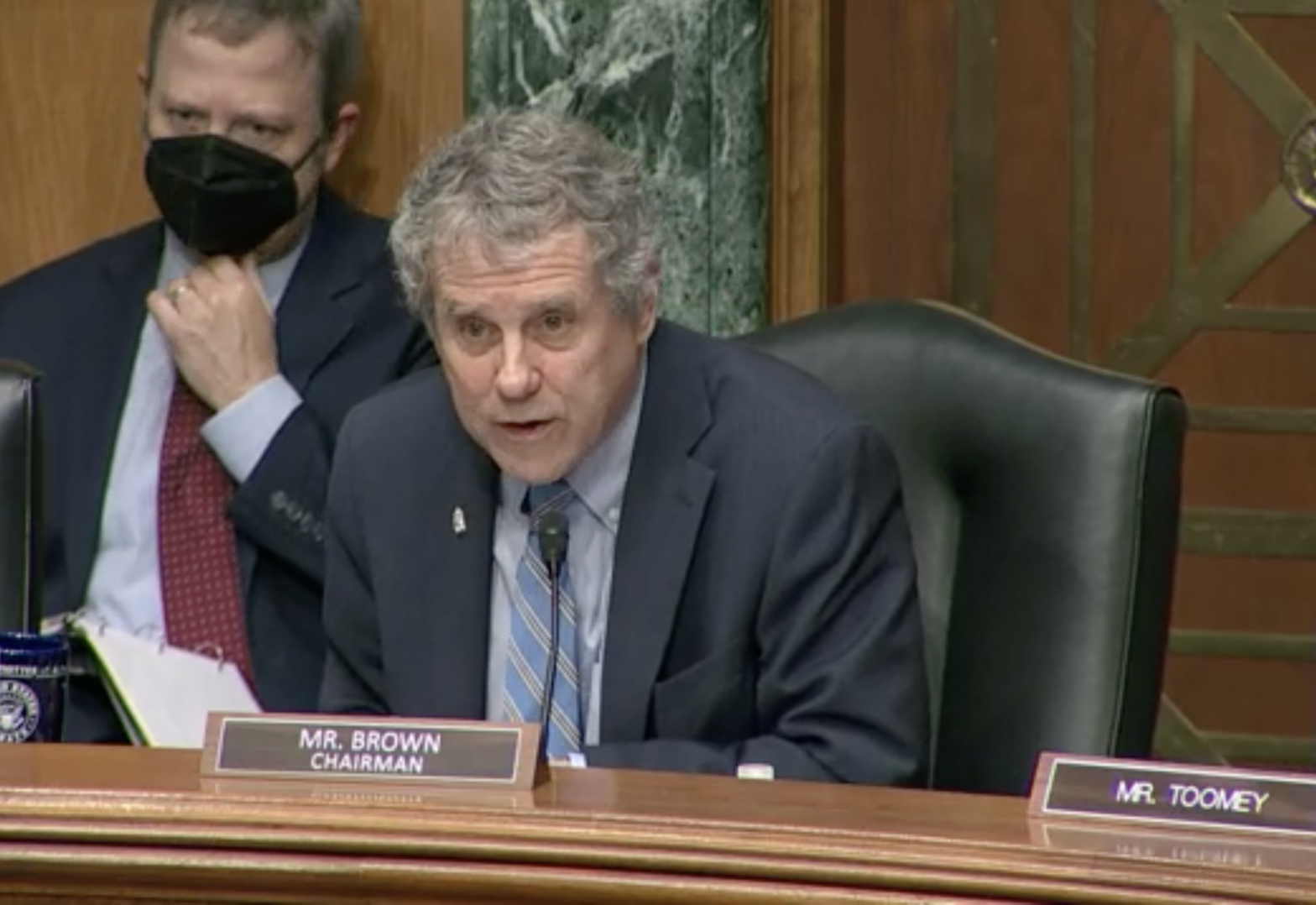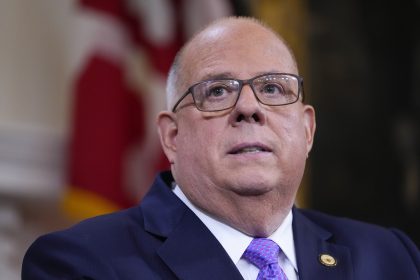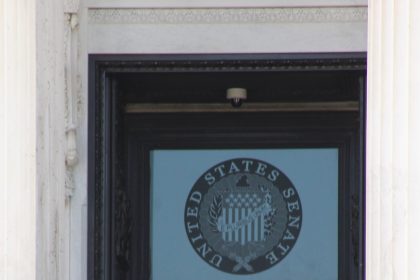Credit Bureaus Make Changes to Lighten the Load of American Medical Debt

WASHINGTON — The U.S. Senate Committee on Banking, Housing and Urban Affairs met Tuesday to explore how effective credit bureaus will be in lightening the heavy load of medical debt many Americans are carrying.
“After increasing scrutiny and pressure, the three credit reporting agencies — Equifax, Experian, and TransUnion — all announced that they would significantly change how medical debt collection is reported. These changes are expected to remove nearly 70% of medical debt in collections from credit reports,” said Sen. Sherrod Brown, D-Ohio, who serves as chairman of the Senate Committee on Banking, Housing, and Urban Affairs, during the hearing.
According to Brown, effective July 1, 2022, medical debt under $500 won’t appear on consumer credit reports.
Individuals who have more than $500 of medical debt will have an extra year to resolve the debt.
Equifax, Experian, and TransUnion also announced they will no longer include medical debt that was paid after it was sent to collections on consumer credit reports.
“The credit bureaus and the change they made, while it is wonderful and there are a couple of categories of medical debt that are going to be removed from credit reports, a lot will still remain on peoples’ credit reports,” said Berneta Haynes, staff attorney at the National Consumer Law Center, during the hearing.
According to Haynes, debts of less than $500 and debts that have been paid off will be removed, which is estimated to help about 15% of Americans.
“But if you look at the stats from the Urban Institute, the average medical debt Americans have in collections is $797. [That number is] $854 for non-white communities,” said Haynes.
Brown sent a letter on Monday to Rohit Chopra, who serves as director of the Consumer Financial Protection Bureau, with requests that CFPB address medical debt by creating an ombudsman position for consumer medical debt.
According to the letter, the ombudsman could assist in matters like complaint resolutions and compliance with federal directives, such as the No Surprises Act, which went into effect this year to ban surprise medical billing practices.
The inclusion of an ombudsman would also ensure that the proposed changes from the three credit bureaus are implemented, according to the letter.
The announcement from the credit bureaus and letter from Brown also follow the recent release of a CFPB report on medical debt. The report shows that Americans currently hold around $88 billion in medical debt based on consumer credit records as of June 2021.
Certain communities also have higher rates of medical debt than the national average, according to the report, in particular young adults, people with low incomes, veterans, elderly, and Black and Hispanic people.
Medical debt collections on an individual’s credit report can impact the ability to buy or rent a home, raise the price they pay for car insurance and make it more difficult to find a job. Medical debt can also lead to people avoiding medical care, which could lead to the development of physical and mental health problems, according to the report.
The report identifies that one of the main issues with medical billing and collections practices in the U.S. is that prices for the same services are usually higher for uninsured and out-of-network patients than for in-network patients, and even in-network prices can vary substantially among different facilities or departments.
The report also identifies an issue of providers sending unpaid accounts to third-party collection agencies which have little access to providers’ records.
“Giant private equity firms have slipped their tentacles across the health care industry, spending about $750 billion over the last decade to buy up everything from hospitals to ambulances, to the companies that bill patients and track them down to collect those debts,” said Sen. Elizabeth Warren, D-Mass., during the hearing.
The practice of these private equity firms turning over any medical debt to debt collectors is changing the way that medical debt is getting reported, and that is a part of the reason credit bureaus made the recent changes.
A lack of knowledge about low-income services and financial assistance programs, particularly for communities of color, is also contributing to the growing burden of medical debt.
According to the CFPB report, 50% of Black respondents in a survey did not know that hospitals provide free and reduced cost care for low-income patients.
“There could be changes to the non-profit community benefits standards to require non-profit hospitals to proactively screen people for financial assistance programs prior to billing them. In addition, there could be financial support for consumer assistance programs and other community-based organizations who could be available with resources to offer that kind of assistance,” said Emily Stewart, who serves as executive director at Community Catalyst, a network of leading nonprofit organizations, during the hearing.
Medical debt also disproportionately impacts tribal communities. During the hearing Sen. Catherine Cortez Masto, D-Nev., said that new investments in collecting and disaggregating medical debt data for these communities is needed to get a clearer picture of the true burden of medical debt they face.
“Indian Health Service declined to pay medical bills for more than 500,000 patients, saddling them with more than $2 billion in medical debt over the preceding three years,” said Cortez Masto regarding reporting done on the issue from 2019.
Alexa can be reached at [email protected]























